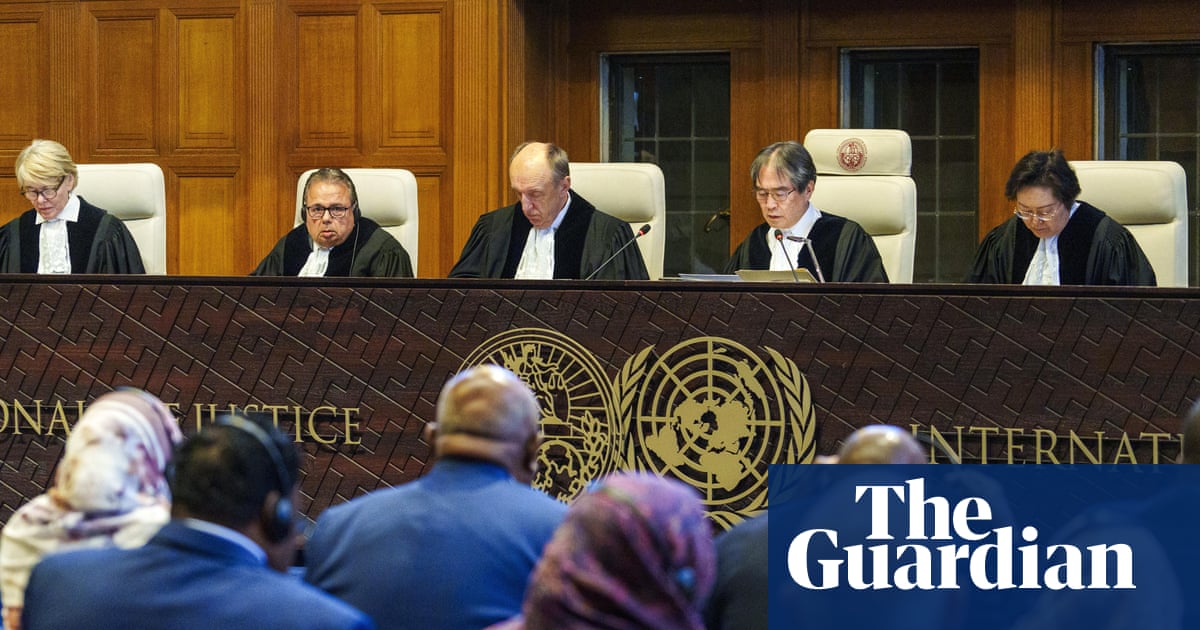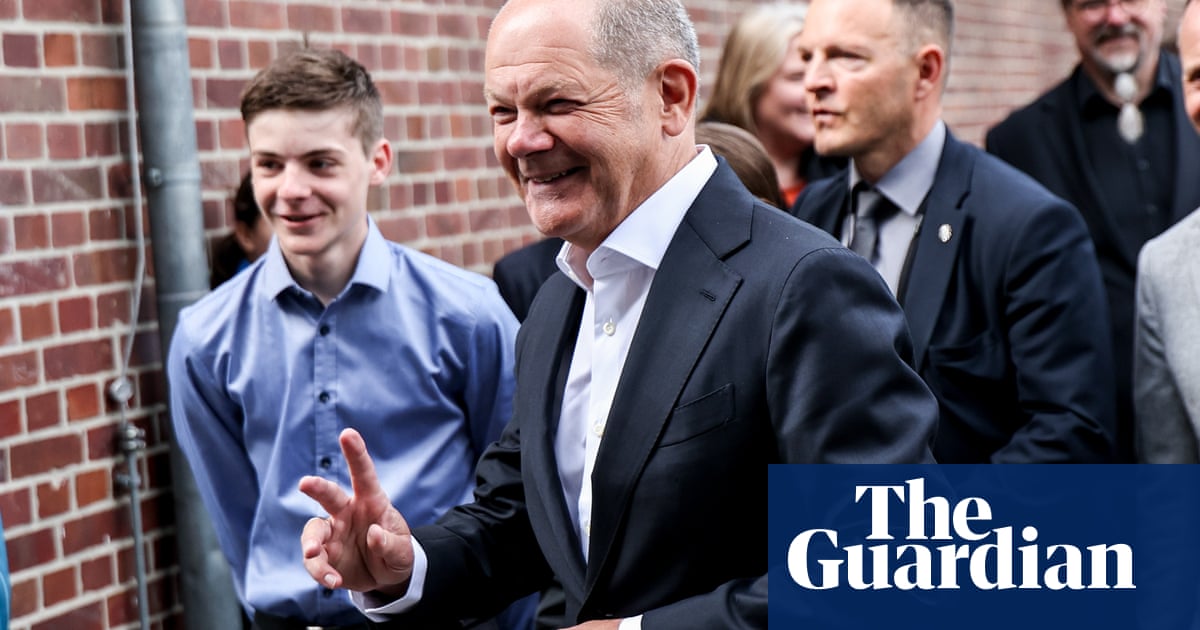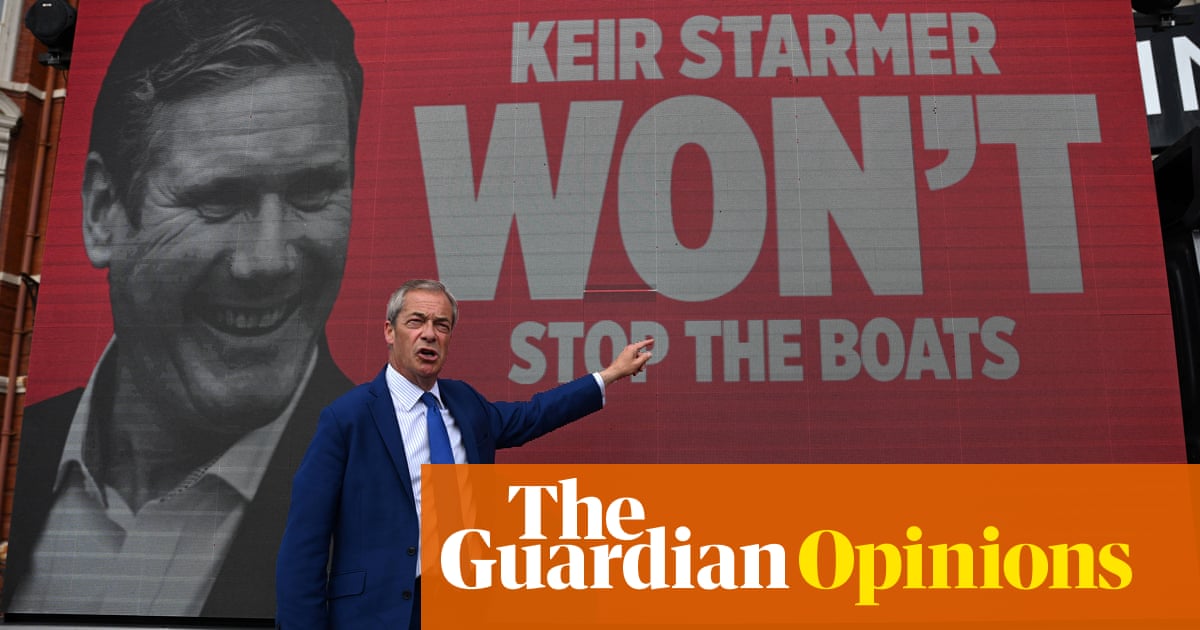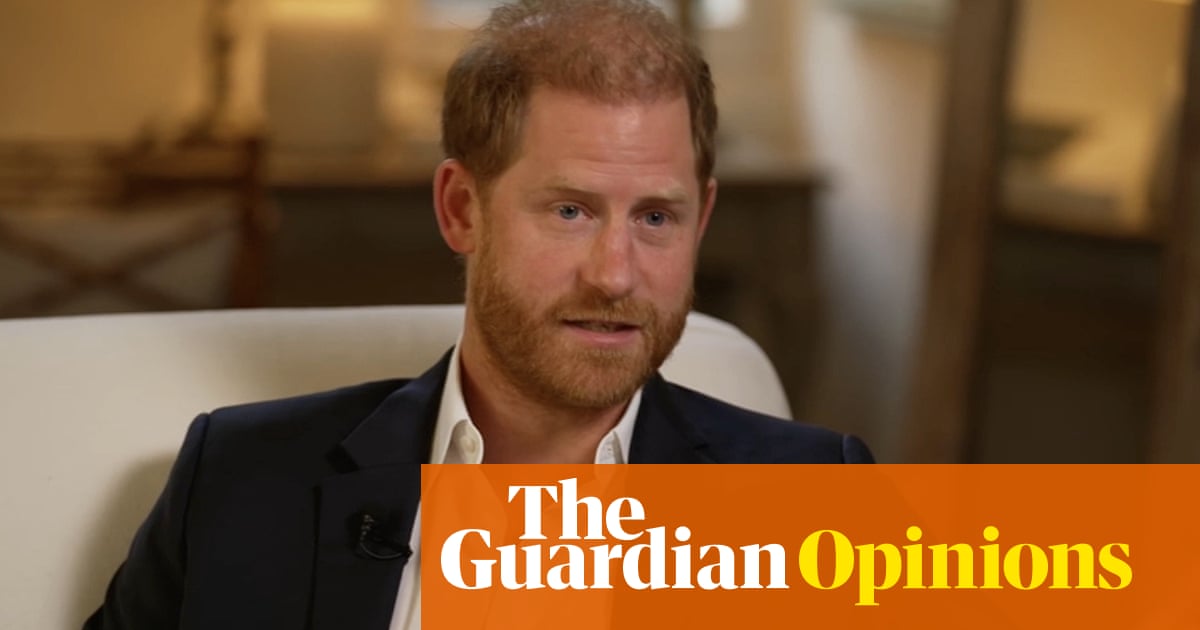Donald Trump’s threat to impose 100% tariffs on movies made outside the US could wipe out the UK film industry, ministers have been warned, as they came under immediate pressure to prioritise the issue in trade talks with the White House.
In an extraordinary intervention, Trump announced his intention to impose the levy on all movies “produced in foreign lands”, stating that the US film industry was facing a “very fast death” as a result of incentives being offered overseas. The UK is among the countries offering film-makers generous tax incentives.
The US president said he had already ordered the commerce department and the US trade representative to begin instituting such a tariff. He said the issue was a “national security threat” because of the “concerted effort by other nations” to attract productions. “Hollywood is being destroyed,” he wrote on his Truth Social platform. “Other nations have stolen our movie industry.”
His outburst caused immediate concern in the UK, a regular location for some of Hollywood’s biggest movie productions including Barbie, parts of the Mission Impossible franchise and Disney’s Star Wars productions.
Philippa Childs, the head of the creative industries union Bectu, said: “These tariffs, coming after Covid and the recent slowdown, could deal a knockout blow to an industry that is only just recovering and will be really worrying news for tens of thousands of skilled freelancers who make films in the UK. The government must move swiftly to defend this vital sector and support the freelancers who power it, as a matter of essential national economic interest.”
One senior figure in the British creative sector said: “If it becomes real, it will be huge. It could possibly wipe out the British film industry and its crews … If it hits TV too then we might as well pack up and go home.”
Senior politicians are calling for Keir Starmer’s government to prioritise the UK film industry in US trade talks, though sources have already told the Guardian that a deal is a second-order priority for Trump.
Caroline Dinenage, the chair of the culture, media and sport committee, said: “Last month the committee warned against complacency on our status as the Hollywood of Europe. President Trump’s announcement has made that warning all too real.
“Making it more difficult to make films in the UK is not in the interest of American businesses. Their investment in facilities and talent in the UK, based on US-owned IP, is showing fantastic returns on both sides of the Atlantic. Ministers must urgently prioritise this as part of the trade negotiations currently under way.”
James Frith, a Labour member of the committee, said any tariffs on UK film production would be self-defeating. “Our success is built on world-class talent, state-of-the-art locations like Pinewood, Leavesden and Belfast, and attractive tax incentives that draw major international productions.”
He added. “Any US tariffs on foreign-made films would harm not just British jobs and creativity but also the US studios and audiences who rely on our skilled workforce and production expertise. It is in everyone’s interest to protect this deep, highly successful partnership.”
Industry insiders said it was unclear how the tariffs would work in practice, and they would end up penalising US studios and cutting production and jobs as a result. Big studios are understood to be trying to seek clarity on the plans.
Ministers are talking with industry bodies and counterparts in the US about what Trump’s statement could mean. Trump is facing resistance in the US from the likes of Gavin Newsom, the governor of California, whose office said the president had no authority to impose such tariffs.
Trump’s declaration was not a complete surprise to industry and government insiders, given his declaration that he wanted to intervene to help “troubled” Hollywood. Before his inauguration, he appointed Sylvester Stallone, Mel Gibson and Jon Voight as “special ambassadors” charged with bringing back production lost to “foreign countries”.
Film and television production in Los Angeles has fallen by nearly 40% over the past decade, according to FilmLA, a non-profit that tracks the region’s production.
Trump’s move could also be a reaction to a decision by the China Film Administration in April to “moderately reduce the number of American films imported”, in response to US tariffs on China.

.png) 4 hours ago
4
4 hours ago
4













































